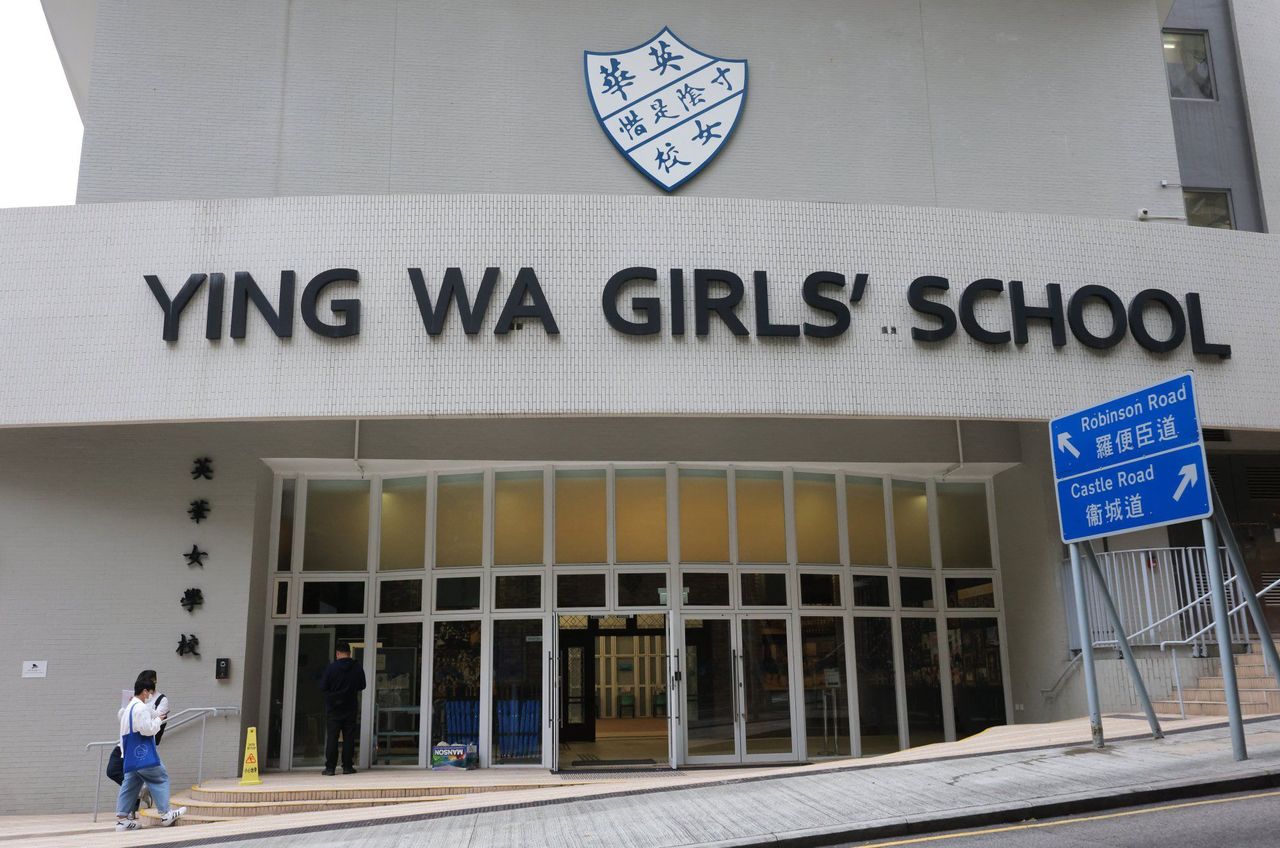Hong Kong News

Hong Kong film pulled from cinemas over consent row still in running for awards
A documentary tracking the growth of six pupils that was pulled from cinemas amid a row over consent is still being considered for Hong Kong film awards although a refusal by the school involved to allow voters to see a screening opens the possibility of disqualification under the rules.
The prestigious Ying Wa Girls’ School, which commissioned the production of To My Nineteen-Year-Old Self, on Tuesday said it had turned down a request from the Hong Kong Film Awards Association to screen the documentary for a second round of voters.
The association on Wednesday reiterated that any publicly screened local film was automatically entered into the competition, with no existing mechanism for withdrawing entries.
The documentary, which follows the lives of six pupils over a decade and was directed by Mabel Cheung Yuen-ting, was last month removed from cinemas after the student interviewees said public screenings had gone ahead without their proper consent.
One pupil said the school and production crew had rejected her previous attempts to stop the film screening.
While the school, which owns the copyright to the documentary, had announced it would not compete for the best picture category at the 41st Hong Kong Film Awards, organisers had asked it to arrange screenings for the event’s voters.
 Ying Wa Girls’ School has reiterated its refusal to take part in the film awards.
Ying Wa Girls’ School has reiterated its refusal to take part in the film awards.
The film is in the second round of voting and is also being considered for the categories of best director and editing. The awards ceremony is set to take place on April 16.
In a statement on Tuesday, the school said it had turned down the request after speaking with the film’s six interviewees and production team.
“No consensus was reached in the end, so we were unable to offer screenings for the film awards. The school has notified the six alumni, the production team and the film awards association of the decision,” it said.
The school reiterated it would not participate in the awards process or accept any prizes in its capacity as the film’s copyright holder but expressed its respect for the competition and the local film industry.
“We once again express our sincere apology in regard to the controversy caused by the incident. We are conducting an in-depth evaluation and continue to listen to the stakeholders,” it added.
The association told the Post that any film publicly screened in Hong Kong was automatically included as a nominee and there was no mechanism for a nominated movie to withdraw from the competition.
But according to the rules and regulations of the 41st awards, the association can disqualify a nominee if the film company fails to provide a DVD or digital file of the movie for a screening for voters.
The rules also state that if “any special cases arise throughout the election”, the association’s board of directors “reserves the right for final decision” after taking into account the circumstances.
The association only said in its reply that the voters would be notified of the potential absence of film screenings when they received the second-round voting forms.
Cheung earlier said she would not attend the ceremony, while co-director and editor William Kwok Wai-lun made it clear he would accept an award.
The school said it would understand if any members of the documentary’s production team intended to accept individual awards, given the film’s critical acclaim.
Before the controversy erupted, the documentary was named the best Hong Kong film of 2022 by the Hong Kong Film Critics Society in January. Kwok and producer Eunice Wong Wai picked up the award at a ceremony on Wednesday afternoon.
Kwok said at the ceremony that he would continue to work hard to show the documentary to “the world and the universe”.
“We are duty-bound, unhesitating, and have a clear conscience. We had not forced students into filming,” he said. “I believe that Hong Kong is still a society of fairness and reason. When we get a chance, we’ll tell you what the truth is.”
The society told the media at the ceremony they had not overturned the decision following the controversy because there was no mechanism to disqualify and re-elect a winner.











